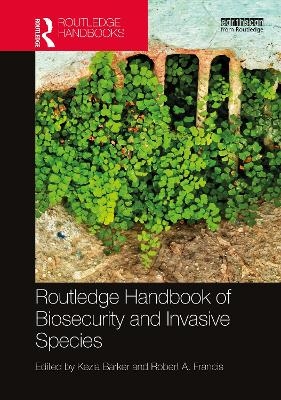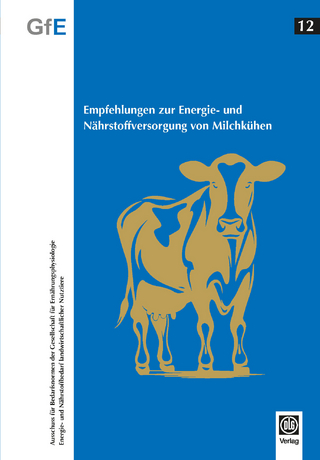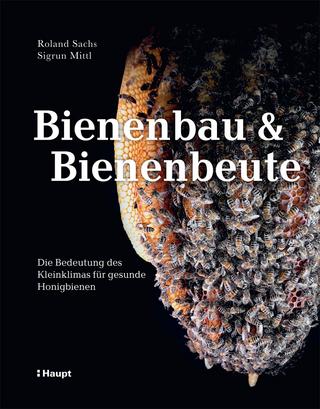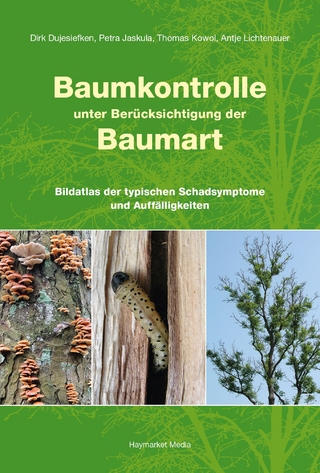
Routledge Handbook of Biosecurity and Invasive Species
Routledge (Verlag)
978-0-367-76321-3 (ISBN)
Issues of biosecurity have gained increasing attention over recent years but have often only been addressed from narrow disciplines and with a lack of integration of theoretical and practical approaches. The Routledge Handbook of Biosecurity and Invasive Species brings together both the natural sciences and the social sciences for a fully rounded perspective on biosecurity, shedding light on current national and international management frameworks with a mind to assessing possible future scenarios. With chapters focussing on a variety of ecosystems – including forests, islands, marine and coastal and agricultural land – as well as from the industrial scale to individual gardens, this handbook reviews the global state of invasions and vulnerabilities across a wide range of themes and critically analyses key threats and threatening activities, such as trade, travel, land development and climate change.
Identifying invasive species and management techniques from a regional to international scale, this book will be a key reference text for a wide range of students and academics in ecology, agriculture, geography, human and animal health and interdisciplinary environmental and security studies.
Kezia Barker is Lecturer in Geography in the Department of Geography at Birkbeck, University of London, UK. Robert A. Francis is Reader in Ecology in the Department of Geography, King's College London, UK.
PART 1: Knowledges 1. Characterising Invasives: Stages of Invasion 2. What is an invasive alien species? Discord, dissent and denialism 3. Indigenous biosecurity: Past, Present and Future 4. Geographies of Veterinary Knowledge and Practice 5. Watching the grass grow: how landholders learn to live with an invasive plant in conditions of uncertainty 6. Understanding emerging infectious disease PART 2: Thresholds 7. Forest ecosystems 8. Island ecosystems 9. Marine and coastal ecosystems 10. Species invasions in freshwater ecosystems 11. ‘New’ recombinant ecologies and their implications - with insights from Britain 12. Industrial agricultural environments 13. Urbanisation and globally networked cities 14. Gardens: perspectives and practices in relation to plants in motion PART 3: Practices 15. National biosecurity regimes: plant and animal bio-politics in the UK and China 16. The Future of Biosecurity Surveillance 17. Risk assessment for Invasive Species 18. The Emergency Modality: From The Use Of Figures To The Mobilization Of Affects 19. Biosecurity in the life sciences 20. Rewilding and invasion
| Erscheinungsdatum | 20.07.2023 |
|---|---|
| Reihe/Serie | Routledge Environment and Sustainability Handbooks |
| Zusatzinfo | 10 Tables, black and white; 5 Line drawings, black and white; 26 Halftones, black and white; 31 Illustrations, black and white |
| Verlagsort | London |
| Sprache | englisch |
| Maße | 174 x 246 mm |
| Gewicht | 740 g |
| Themenwelt | Weitere Fachgebiete ► Land- / Forstwirtschaft / Fischerei |
| ISBN-10 | 0-367-76321-4 / 0367763214 |
| ISBN-13 | 978-0-367-76321-3 / 9780367763213 |
| Zustand | Neuware |
| Informationen gemäß Produktsicherheitsverordnung (GPSR) | |
| Haben Sie eine Frage zum Produkt? |
aus dem Bereich


